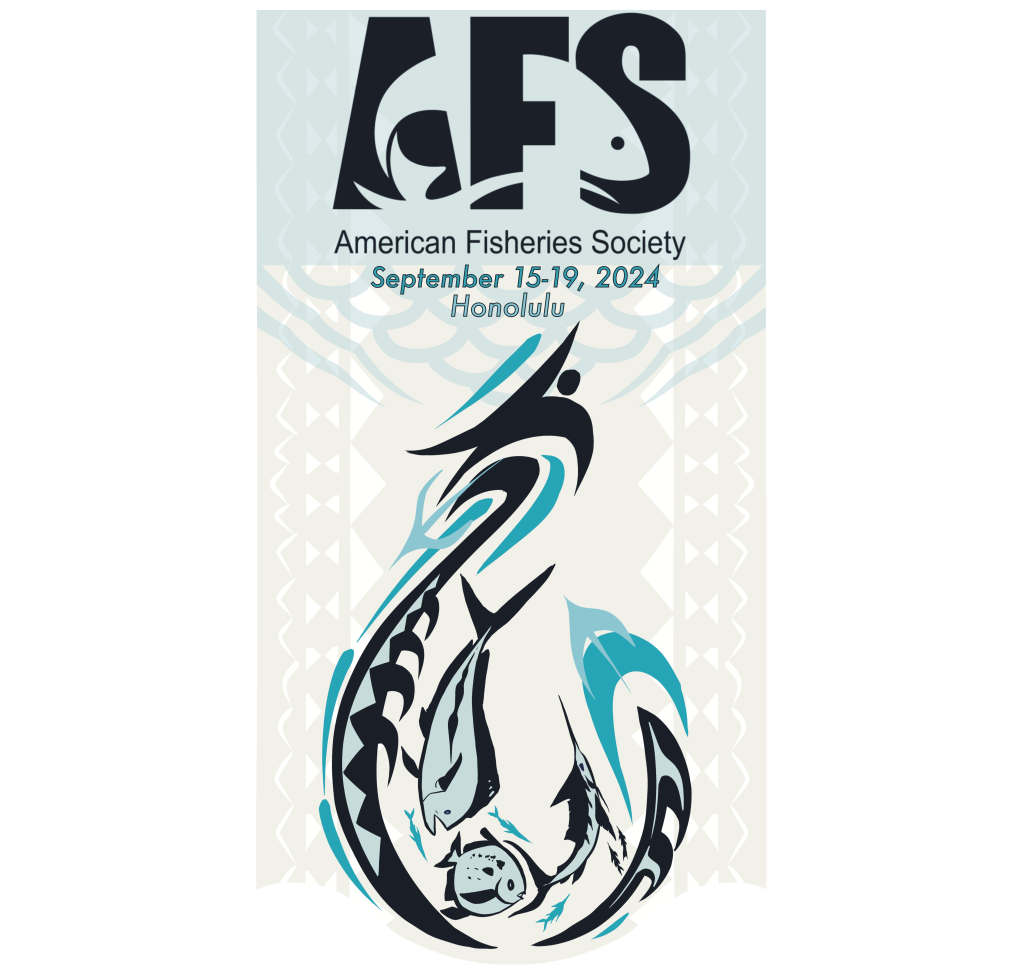Salmon are one of the most important aspects of the cultures of the Indigenous peoples of the Columbia River Basin. They are rightly called Wy-Kan-Ush-Pum (Salmon People) for how completely the sacred fish shaped religion, culture, diets, and societies, and continue to do so today. First Foods of water, fish, big game, roots, and berries connect native people to the landscape in a relationship of reciprocity. The connection dates from time immemorial to the present day. Technology has changed but the promise of providing stewardship to the First Foods continues. This symposium seeks to share stories of salmon history, hatcheries, harvest, habitat and First Foods restoration efforts from tribes and partners.
Organizer: Doug Hatch, Columbia River Inter-Tribal Fish Commission, [email protected]
Co-organizer: Donella Miller
Supported by: Columbia River Inter-Tribal Fish Commission
